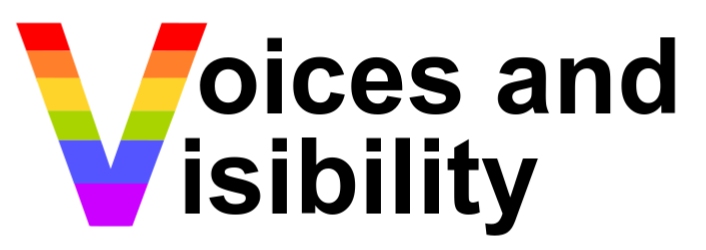Offence Of Hate Crime – Transgender: England, Wales, Northern Ireland
When was protection from trans hate crime introduced?
Protection from hate crime for LGBT+ people has followed protections on other grounds. LGBT+ people experience high levels of hate crime. It has taken years and much campaigning for the law to do something about this.
Protection for LGBT+ people has not happened all at the same time. It has been introduced at different times for different groups in different parts of the UK
2003 Criminal Justice Act – sexual orientation across the UK
2009 The Offences (Aggravation by Prejudice) (Scotland) Act
2012 Legal Aid, Sentencing and Punishment of Offender Act – England, Wales and Northern Ireland
The Criminal Justice Act 2003 came into force in April 2005. The Act instructed courts to recognise hostility at the time of an offence. That included hostility towards someone of a particular sexual orientation or someone who is transgender.
Using the 2003 Act the punishment for someone who commits a homophobic and biphobic hate crime can increase.
An increase of punishment for a transphobic hate crime was not included in the 2003 Act. An increase in punishment for a transphobic hate crime was not included in the 2003 Act. In England, Wales and Northern Ireland that changed in 2012 with the Legal Aid, Sentencing and Punishment of Offender Act – England, Wales and Northern Ireland
What are hate crimes?
Hate crimes are acts of violence or hostility directed at people because of who they are or who someone thinks they are.
There are different terms for LGBT hate crime. Hate crime against lgb people, or those thought to be lgb, can be known as the umbrella homophobic hate crime, or using the terms lesbophobic or biphobic. Hate crime towards trans people is known as transphobic hate crime.
How does hate crime affect sentencing?
The Legal Aid, Sentencing and Punishment of Offender Act 2012 (Section 65) allows an increase in the penalties for a transphobic hate crime. An offence can be ‘aggravated’ by having a hate element. The motivation of hate, based on actual or perceived transgender identity, is considered during sentencing. Schedule 21 in the same Act set a minimum tariff of 30 years for transphobic murder.
What is the National LGBT Hate Crime Partnership?
The National LGBT Hate Crime Partnership brings together LGBT organisations from across England, Wales and Scotland. The project is run by the LGBT partnership on behalf of the Equality and Human Rights Commission (EHRC).
The partnership is committed to informing LGBT+ people that the hate crime law is there to protect them. The members work with the police and government. This is to make sure they support people in the best way possible if they report an incident
